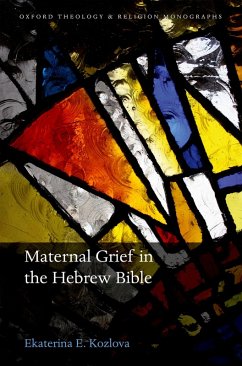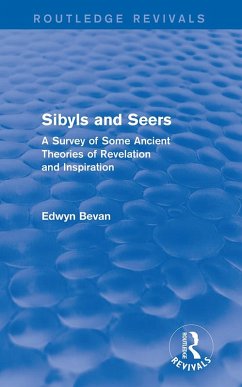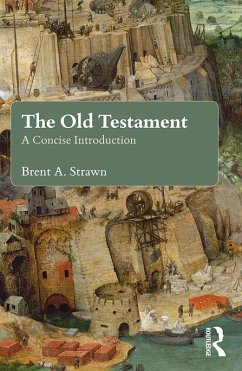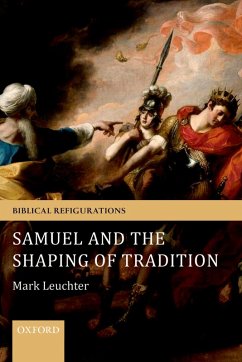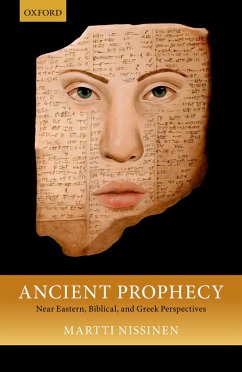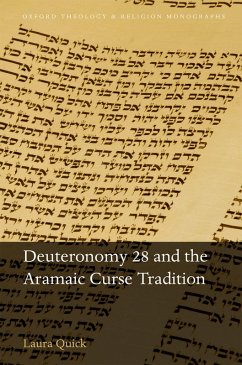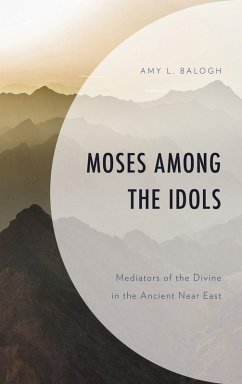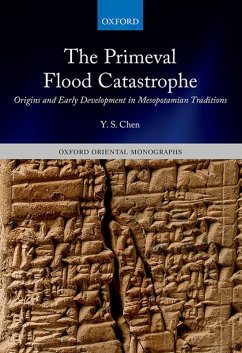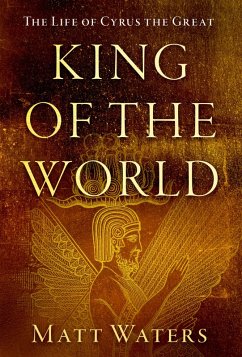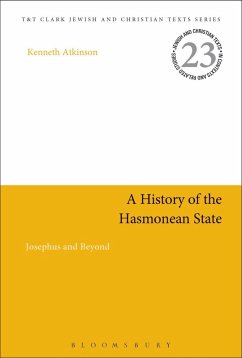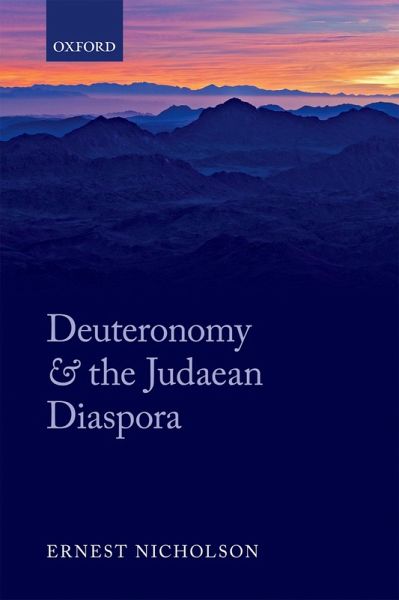
Deuteronomy and the Judaean Diaspora (eBook, PDF)
Versandkostenfrei!
Sofort per Download lieferbar
46,95 €
inkl. MwSt.
Weitere Ausgaben:

PAYBACK Punkte
23 °P sammeln!
In Deuteronomy and the Judaean Diaspora Ernest Nicholson challenges the widely accepted view that Deuteronomy was the 'book of the law' described in 2 Kings 22-3 as the basis of king Josiah's cultic reformation in 621 BCE. He argues that the notice in this narrative that Josiah abolished the rural, local altars throughout Judah and supposedly relocated their priests to Jerusalem is based upon a misreading. Rather, he contends, Deuteronomy derived from thinkers and writers who lived among the Judaean exiles in Babylonia in the sixth century, and in significant ways represents a break with pre-e...
In Deuteronomy and the Judaean Diaspora Ernest Nicholson challenges the widely accepted view that Deuteronomy was the 'book of the law' described in 2 Kings 22-3 as the basis of king Josiah's cultic reformation in 621 BCE. He argues that the notice in this narrative that Josiah abolished the rural, local altars throughout Judah and supposedly relocated their priests to Jerusalem is based upon a misreading. Rather, he contends, Deuteronomy derived from thinkers and writers who lived among the Judaean exiles in Babylonia in the sixth century, and in significant ways represents a break with pre-exilic Israelite religion occasioned by the urgent need to confront the challenges to national identity and cultural survival of the Judaean Diaspora community. Leading features of the book such as its zealous monolatry, its self-presentation as 'scripture', its concept of the relationship with God as covenanted choice, its pervasive fear of religious encroachment, its character as 'oppositional' literature--these and other themes of the book suggest such a provenance. Issues arising include, for example, information from Babylonian sources, some of it new, about the Judaean exiles, how Israel is characterised in the book, kingship, evidence of the emergence of a body of prophetic 'scripture'. Two final chapters examine the 'Deuteronomistic History' (Joshua-2 Kings) and show that (contrary to some interpretations) it is not 'historiography' such as is represented by, for example, Herodotus' Histories, and that theodicy rather than an interest in the past as a field of critical study best describes its genre.
Dieser Download kann aus rechtlichen Gründen nur mit Rechnungsadresse in A, B, BG, CY, CZ, D, DK, EW, E, FIN, F, GR, HR, H, IRL, I, LT, L, LR, M, NL, PL, P, R, S, SLO, SK ausgeliefert werden.




